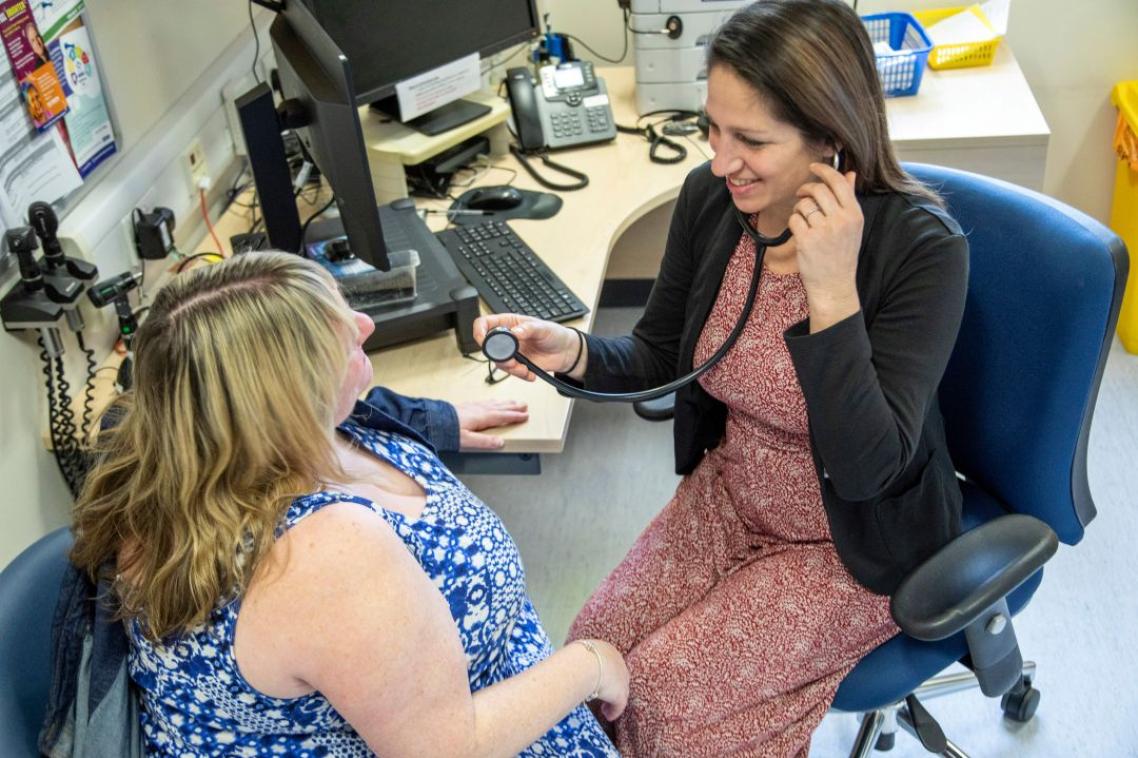A cuppa a day will keep you moving

Women who drink a daily cuppa are more likely to be physically active, University of Queensland researchers have found.
The School of Human Movement and Nutrition Sciences study found that women who drank one to two cups of tea or coffee per day were more likely to meet the recommended levels of moderate to vigorous physical activity (MVPA) than women who consumed less.
Dr Tina Skinner said the consumption of caffeine through coffee and tea could promote physical activity in middle-aged women by reducing barriers such as fatigue and lack of energy.
“Physical activity is important for healthy ageing, but fatigue and tiredness often prevent middle-to-late age women undertaking the necessary amount of exercise,” she said.
“Consuming caffeine, the naturally occurring alkaloid widely found in coffee and tea, has already been associated with several health benefits, including decreased exertion and increased self-selected intensity of exercise.
“Caffeine is also associated with a lower risk of type 2 diabetes, dementia, and some cancers.”
The study examined the habits of 7580 women born between 1946 and 1951 included in the Australian Longitudinal Study on Women’s Health.
Participants were asked to indicate their average consumption of tea and coffee over the last 12 months, and the duration of walking, and moderate and vigorous leisure-time activities in the previous week.
“Coffee and tea drinkers were less likely to feel tired, and more likely to feel energetic,” Dr Skinner said.
“Those who consumed one to two cups of coffee per day were 17 per cent more likely to meet the recommended levels of MVPA, and those who reported drinking one or more cups of tea per day were 13 to 26 per cent more likely to meet the guidelines, compared to non-coffee and tea drinkers.
“Promoting physical activity and exercise is important in all life stages, but it is particularly critical in middle-age to maintain functionality, independence, and reduce the risk of frailty later in life.”
The study is published in the International Journal of Environmental Research and Public Health.
Media: Dr Tina Skinner, t.skinner@uq.edu.au , +61 7 3346 8810, @TinaLSkinner; Dani Nash, UQ Communications, dani.nash@uq.edu.au , +61 7 3346 3035, @UQhealth.
Topics
Related articles

Nature versus nurture question addressed in landmark study

A better way to assess cardiovascular health
Media contact
UQ Communications
communications@uq.edu.au
+61 429 056 139
